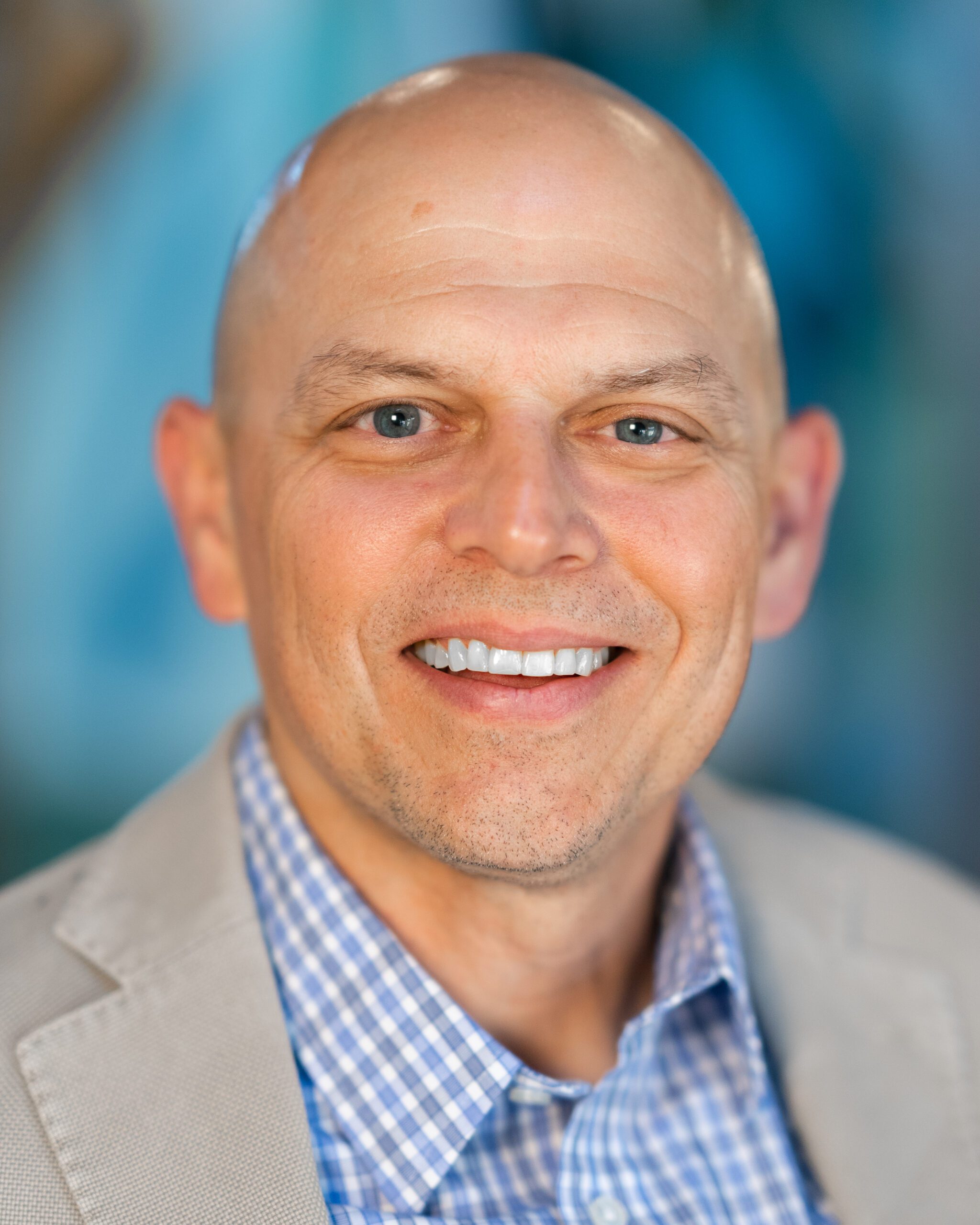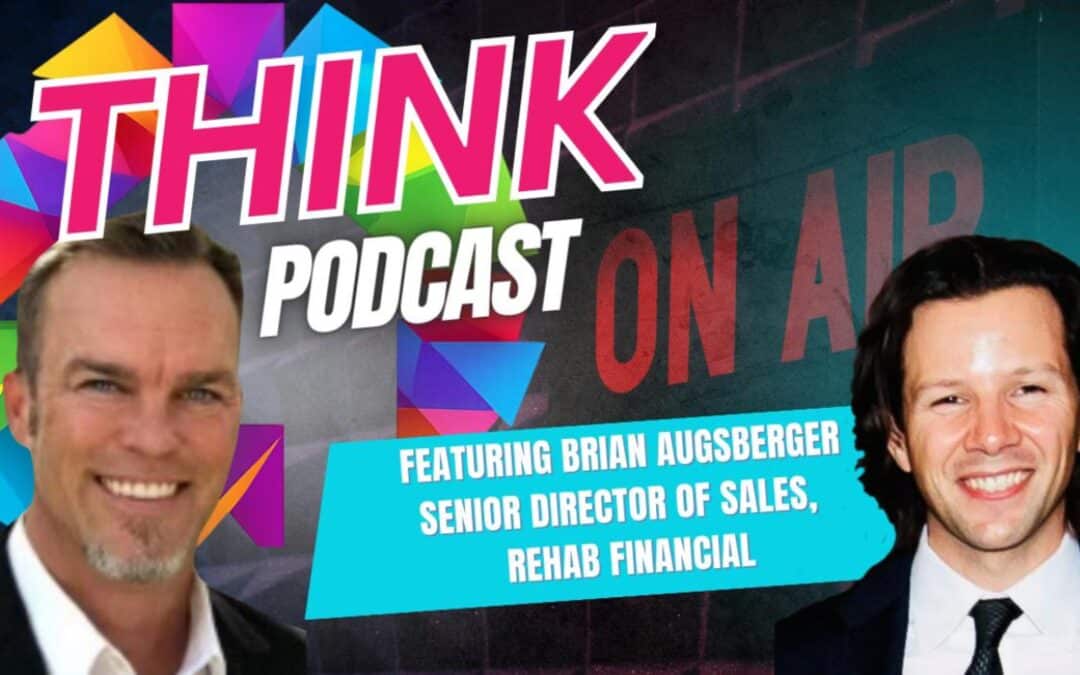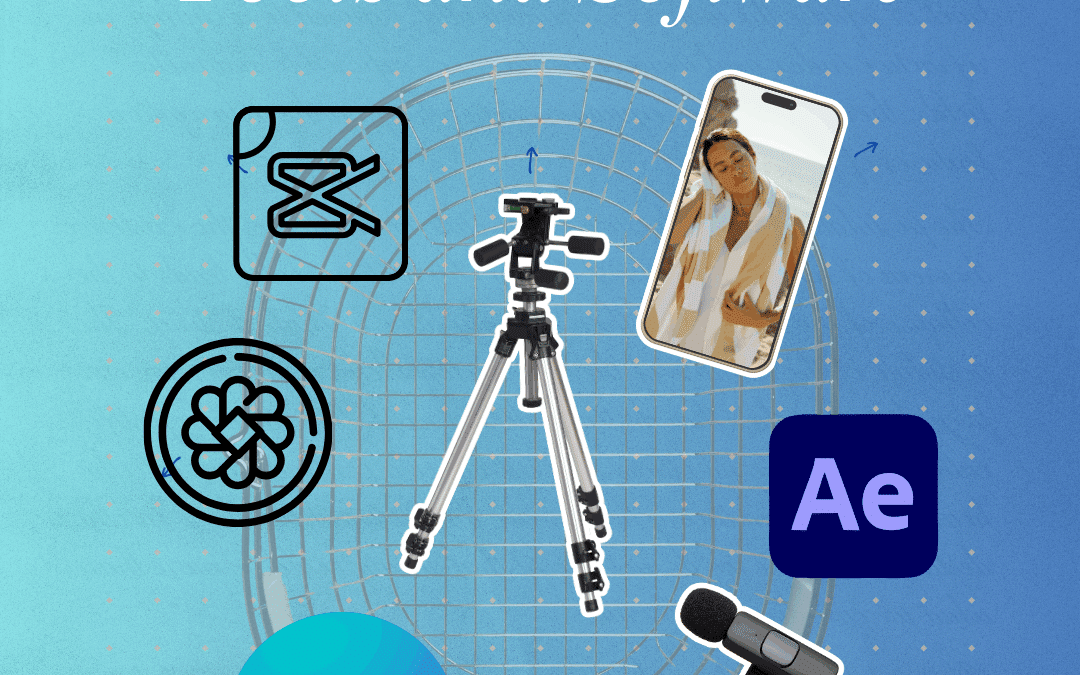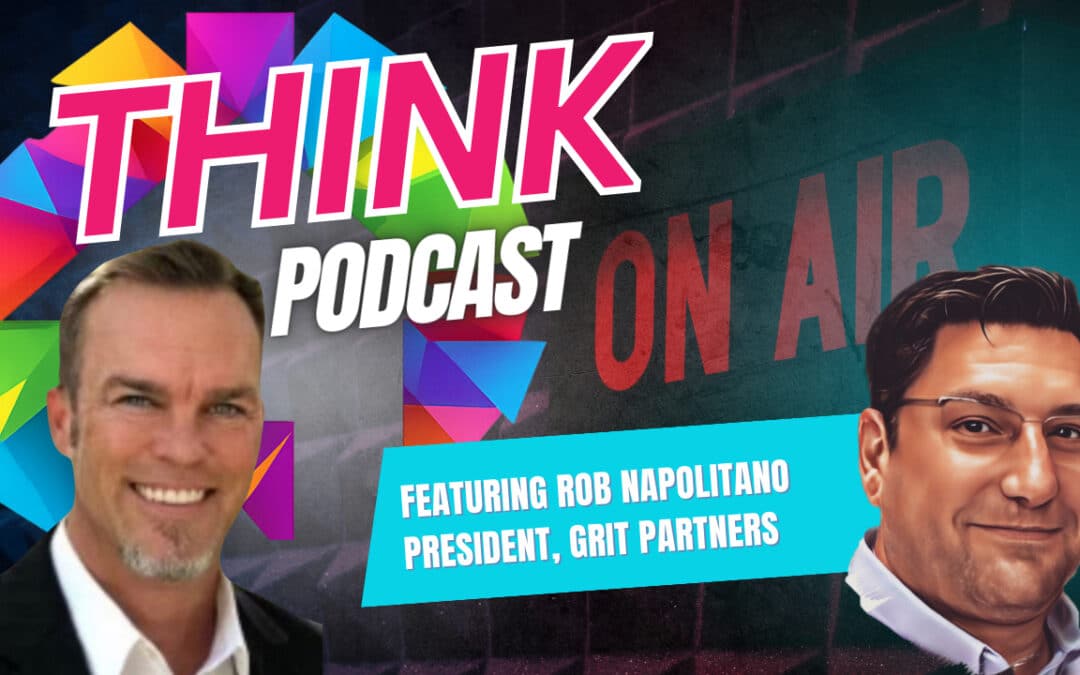The need for financing in life is significant when it comes to our purchases and investments, but the way in which you finance your purchases can have a serious impact on how you grow your wealth. Did you know there’s a tax-free way to finance your real estate investments without tying up your own cash?
Everyone knows real estate is red hot right now. Whether you’re a buy-and-hold investor, a fix-and-flip professional or even a private lender, there are enormous real estate opportunities in this COVID-rebound economy. And using your own cash to fund the deals seems the easiest and obvious option, but it is not the best choice that sophisticated investors make.
What if there was a better way to access cash, with less risk, more liquidity and control, while creating generational wealth?
There is. It’s called Infinite Banking, has been used by the wealthy for centuries and is just as simple. By using uniquely designed whole life insurance, infinite banking essentially allows you to become your own family bank. Your dollars earn uninterrupted compound interest in a private, tax-advantaged account achieving several times current bank rates.
You are able to use a life insurance company or a traditional bank’s money as a loan with terms and payback schedules you dictate—not dictated by the banker. There is no application process to manage and no credit score to evaluate.
And since it is whole life insurance, you get the guaranteed added benefit of a tax-free death benefit to support your family and business in case of your untimely death.
Infinite banking is simply storing cash in whole life insurance. It is a mindset—a process and strategy to optimize how you finance everything in life. For most people, your need for financing in life is greater than a death benefit, so policies are uniquely designed to maximize cash value while still retaining substantial death benefit protection.
Given the guarantees within this type of policy, your cash value only goes in one direction—up—while you have a built-in line of credit that collateralizes your cash value that is accessible whenever you need with terms that fit your situation.
With the benefits of infinite or family banking as a backdrop, let’s see how savvy investors use the approach to finance all investments and capital expenses in their lives.
Comparing Savers, Debtors and Wealth Maximizers. This system serves as your ultra-safe wealth foundation to fund all of life’s investments and major purchases. It is designed to store and grow your money efficiently from the launch of your career, through your prime earning years and then throughout retirement. Further, it allows you subsequently to increase and pass on a death benefit that’s typically significantly larger than the cash value left in your policy, completely tax-free.
Opportunity Cost of Using Your Own Cash. The graph shows the cycle of saving for major purchases and then emptying the account to make the purchase and starting to save again. The opportunity cost in this situation is that you forego the interest that could have been earned had the money not been spent (i.e., the account not emptied). In today’s near-zero interest rate savings environment, growth is negligible. But if your money is instead stored in an account that earns five percent interest or higher, without the annual tax bill, the opportunity cost of not leaving the money in to compound throughout your lifetime is significant.

Debtors face interest charges that compound against them if left unchecked. That’s why using your own cash may be better, so you don’t have to pay for those added interest costs. As real estate investors, we understand the power and potential to utilize other people’s money to enhance our investments; yet, limiting the total cost of paid interest is a massive boost to your wealth.
The Infinite Banking Alternative. Accessing the capital without withdrawing it, staying on the compound interest curve, is a more efficient option, which recaptures significant interest costs that would otherwise go to third parties. This approach enables full, tax-free access to your wealth while it continues to grow with guaranteed interest and dividends and provides life insurance, privacy and asset protection. The investor achieves greater control of the financing arm since it is guaranteed by the life insurance company and allows flexible and even no loan payments.
A short example: Many buy-and-hold investors use policy loans to fund the down payment on their rental properties. A $20,000 down payment for a $100,000 property could be withdrawn from a savings account with monthly net cashflow used to refill the checking account, or it can be borrowed from an insurance company and the investor’s $20,000 remaining at work, growing without tax in the policy. After 30 years, the checking account approach would have recovered $45,000 and the infinite banking approach would have grown to over $80,000. This simple step raises the property returns by preventing a substantial opportunity cost of using cash.
In the next article, we’ll take a closer look at how infinite banking especially benefits those who invest in long-term buy-and-hold rental properties and fix-and-flips as well as how this strategy benefits private lenders and investors.
Gary Pinkerton is a wealth strategist, military veteran, entrepreneur, speaker, best-selling author and real estate investor. He has degrees in engineering from the US Naval Academy (BS) and the University of Illinois (MS), commanded the attack submarine USS TUCSON in his 25 years as a Navy nuclear submarine officer, was a Pentagon division director for the Joint Chiefs, and a senior ethics professor at the Naval Academy before retiring as a Captain. Gary has extensive experience designing, owning, and helping others implement high cash value life insurance, real estate, and alternative investments. He is passionate about furthering entrepreneurship and helping American families achieve financial dreams, establish a lasting financial legacy, and reduce taxes. He lives in Florida with his wife, Sue and their two sons.
























0 Comments